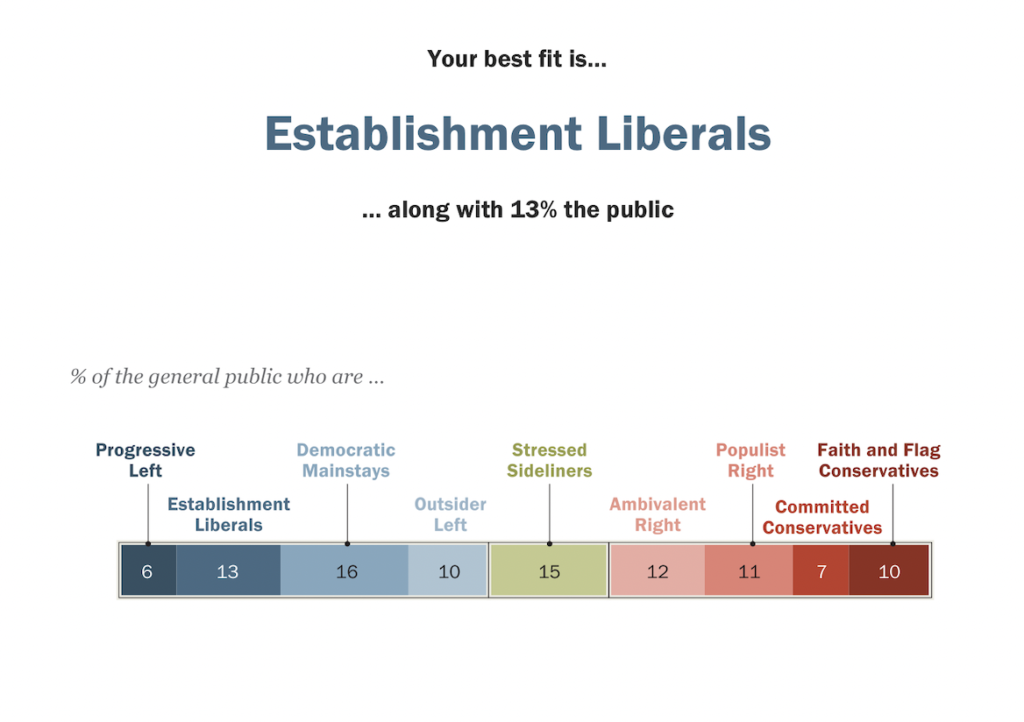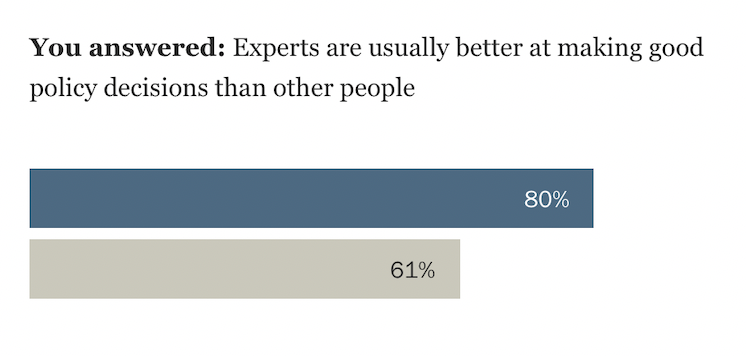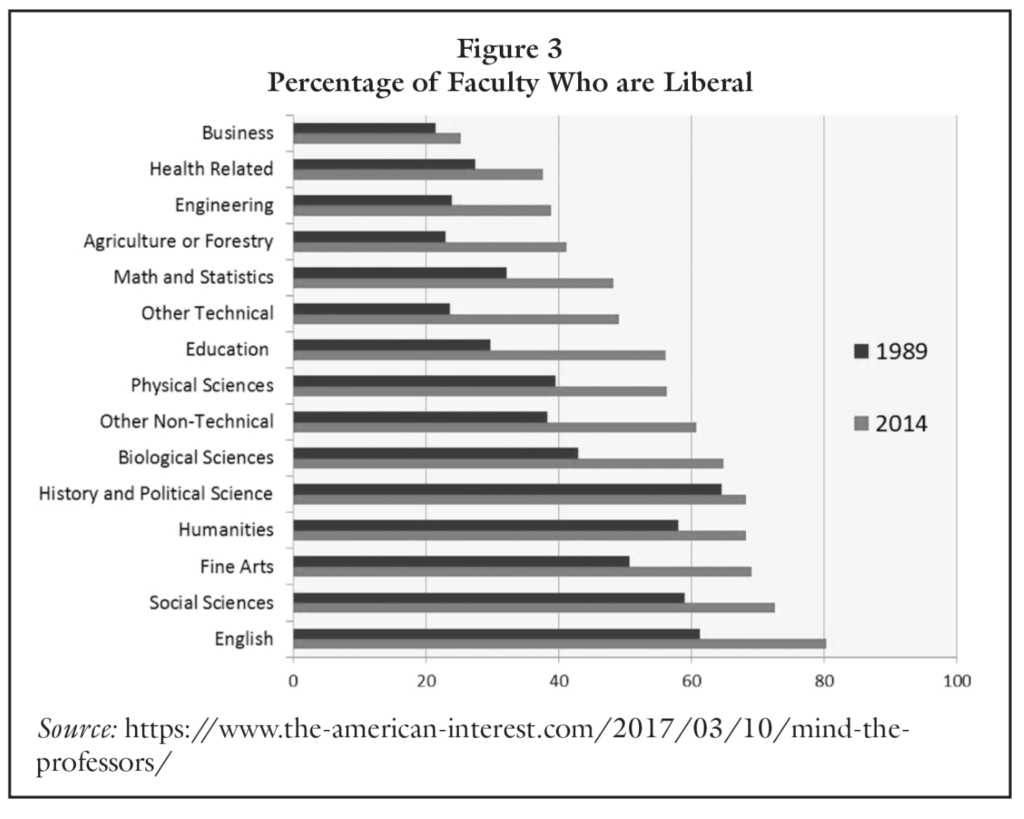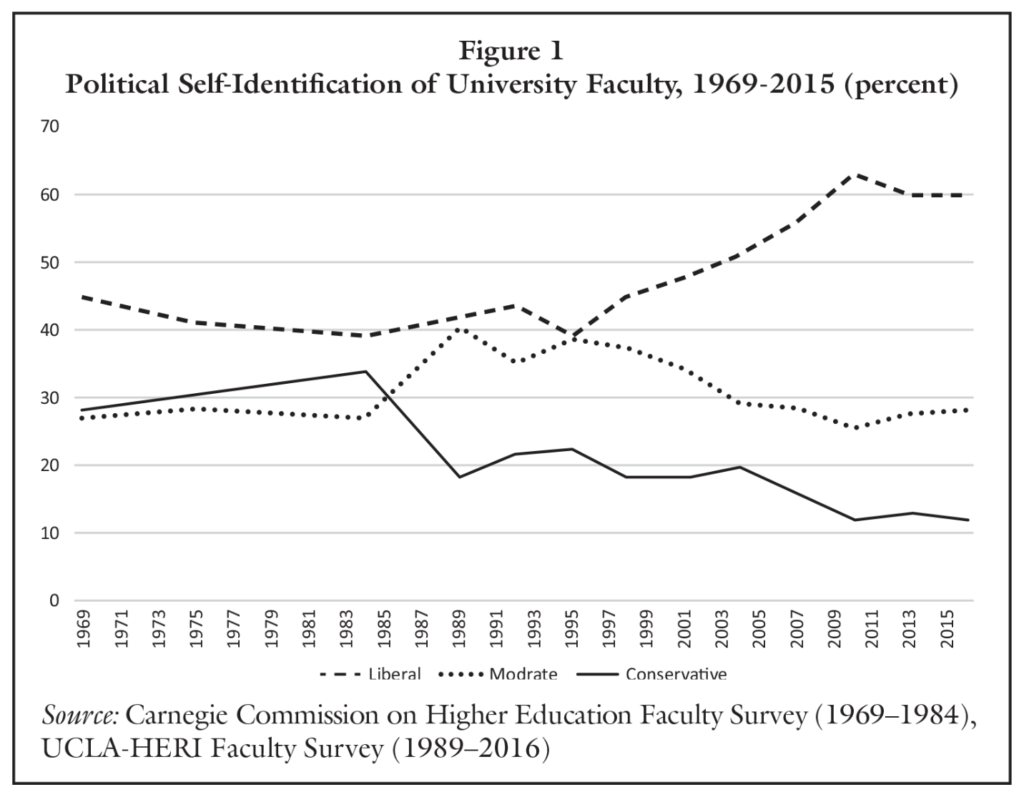My own story includes a career working in higher education so I suppose that is mostly responsible for my reactions to what now seem to be the attacks on my occupation. I always want to point out one fact. The state through the legislature and the budget controlled by the legislature fund less than a third of the cost of state institutions. Yet, legislatures can pass laws that dictate how these institutions function. Most revenue necessary to run institutions must be generated by the institutions through tuition, grants, and donations and institutions must compete for these resources.
Two of the issues that some states want to control are the curriculum (what is taught) and tenure. These two issues are interrelated in this way. Tenure protects faculty members against even their own institutions. Since tenure gives a professor job security for decades, undercutting it is one way conservatives can more easily change campus culture, experts say, as well as fight against the liberal values they claim have taken over schools. For example, In Indiana, legislation is being proposed to review tenured professors every five years based on “free inquiry, free expression, and intellectual diversity.” Tenure is intended to be based on productivity and teaching quality, but the practice is being challenged because of what is being taught rather than issues of quality performance.
The American Association of University Professors (AAUP) released data showing that in the fall of 2021, only 24 percent of faculty in U.S. colleges held full-time tenured appointments, compared to 39 percent in the fall of 1987. Rather than hire for tenure-track “lines”, more and more institutions are hiring adjunct faculty and more and more instruction is being delivered by adjunct faculty members. I saw this happen in the department for which I once served as chairperson and I thought this approach created a divisive class system. Tenure is already a probationary period with no commitment to the long term and all of us know profs who simply were let go because there was a financial challenge rather than a performance issue.
Anyway, this post is really about the motivation for eliminating tenure which despite other issues seems most basically about political control of institutions. The core complaint seems to be that college faculty are too liberal (or progressive whichever you prefer) which is proposed to be relevant because these values are being passed on (indoctrination is a common description) to unwary or cowed students. Efforts have been made to determine the accuracy of the first claim and seem to show few students actually claim they feel pressured. The second issue is more difficult and I think really breaks down into two underlying claims; a) liberal values are taught beyond what would be the appropriate information for a course, and b) students are afraid to voice opposition when issues of opinion as opposed to facts are discussed or are penalized in some way when they do challenge opinions or facts.
Party affiliation versus values:
Complaints when it comes to what is being taught seem to come primarily from one party. Why? Party labels seem far less helpful when reacting to accusations than specific values. I doubt many educators focus on party when teaching their content, but values and facts related to values could sometimes be the focus of instruction. I am not so naive to argue that party affiliation and values are not at least moderately correlated, but even knowing this I think a lot about why this is the case. Shouldn’t values be more important and what are the specific values taught that Conservatives reject?
I think people hide behind general labels. I assume that values determine party affiliation and not the other way around. Declared party affiliation could also be associated with combinations of values. Owning up to specific values and beliefs is what is really important. Owning up to the beliefs professed by your party is also at least important to consider. It seems cowardly to say there are too many Democrats on college faculties rather than to claim you object to the discussion of the causes of prejudice, inequity, and privilege or whatever other values you find objectionable.
PEW has done a lot of data collection on values and party affiliation in trying to provide data about education and other issues. They have a simple questionnaire about specific values allowing anyone to compare their specific values to political categories from extreme progressive to extreme conservative. I encourage you to take it for two reasons: a) see where you fall on the political continuum and b) consider the issues raised in assigning you to a given category and why they could be interrelated.
I fell toward the end of political spectrum PEW classified as embellishment liberal (13% fall into this category).

PEW summarizes folks like me in the following way.
“They hold liberal positions on nearly all issues and support an expanded role for government and a larger social safety net. They also hold liberal attitudes on issues of racial and ethnic equality. Establishment Liberals are more likely than any other group to say that compromise is how things get done in politics. About half say they are satisfied with the way things are going in the country today, and an overwhelming majority say they approve of the job Joe Biden is doing as president.”
However, what I think is more important is what I think about specific items PEW used to arrive at these generalities.
The PEW survey presents items as a forced choice. See the following example:

Once, you have completed the survey, the system reviews your responses and compares your answer to the probability of others in your assigned group and to all respondents. So. in the following example, 61% of all those responding and 80% of the others assigned to the Establishment Liberals category agreed with my choice.

I recommend the PEW survey as it could recommend a level on which discussions could occur. I can explain why there are specific areas in which I think the country could benefit from government oversight and a safety net. You might disagree, but at least that would offer something concrete to talk about. Isn’t the level that a discussion should occur in a political science classroom.
Party affiliation among higher education educators.
Efforts to get academics to claim their party orientation do indicate that there is a general progressive orientation. Such data sources also show that political orientation varies significantly with discipline.

Perhaps the concern of the Republicans is more driven by the increasingly progressive leanings over time. This time difference is consistent by discipline (see above) and quite abrupt in recent years. Notice the shift beginning in 1997 or so. Initially, this shift seemed to be marked by fewer Conservatives toward more Liberals with a later shift from Moderate toward Liberals. The makeup of higher ed faculties changes gradually so it seems unlikely this rapid shift was the result of hiring alone.

Analysis
There is an expression sometimes applied when commenting on software applications – Is it a feature or a bug? Does the system contain an error or is the system doing what it is doing by design? Perhaps my rephrasing gets to the real issue here. What is the purpose of higher education and education in general? You have a sense of this issue when you hear some politicians complaining higher education does not focus enough on employment and has too many majors that are not directly tied to specific jobs. Why are there so many liberal arts requirements and so few STEM requirements? Do K12 and college students really need to learn about the history of slavery and continuing inequities related to race, gender, and generational differences in wealth? I happen to think so and these facts are relevant to the content I taught. Maybe those in math, physics, and coding don’t, but an important argument can be made relevant to these areas of study as well. Consider the present questions and reflection raised by the movie Oppenheimer. There is even the question of bias that keeps popping up because AI ends up statistically replicating the existing biases in the mathematics and algorithms generating the responses to AI prompts based on the corpus of content used to construct large language models (LLMs). Instead consider the old CS saying – garbage in, garbage out. Perhaps we need to recognize that it is now skewed values in, skewed values out. Values cannot be isolated by job category and why need to be concerned with the development of values in everyone.
![]()
You must be logged in to post a comment.